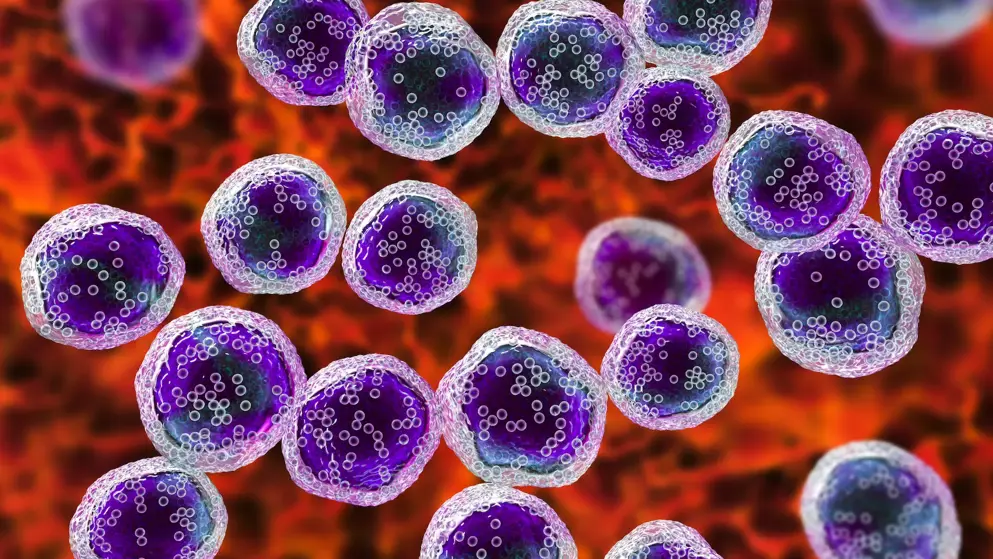
Novartis Kymriah pivotal ELARA trial demonstrates strong response rates and a remarkable safety profile in relapsed or refractory follicular lymphoma.
Data will be presented as an oral presentation during the 2021 Annual American Society of Clinical Oncology (ASCO) Virtual Scientific Meeting (Abstract #7508; oral presentation: Monday, June 7, 10:30 AM CDT). “Patients with follicular lymphoma who do not respond to their current treatment or who relapse early after treatment often have to endure multiple treatments, which can result in diminished clinical outcomes with each successive therapy,” said Stephen J. Schuster, MD, the Robert and Margarita Louis-Dreyfus Professor in Chronic Lymphocytic Leukemia and Lymphoma Clinical Care and Research in Penn’s Perelman School of Medicine and director of the Lymphoma Program at the Abramson Cancer Center. Schuster will present the results at ASCO. “Our goal as researchers is to continue to explore the potential of CAR-T therapy, and the robust ELARA safety and efficacy findings suggest Kymriah may play an important role in the third-line treatment of relapsed or refractory follicular lymphoma.” In the primary ELARA analysis , 97 patients were infused and evaluated for safety, 94 patients were evaluable for efficacy with a median follow-up of 11 months. Importantly, no patients experienced grade 3/4 cytokine release syndrome (CRS), the most common side effect associated with CAR-T therapy. Grade 1 or 2 CRS, as defined by the Lee Scale, occurred in 49% of patients. Grade 1 or 2 neurological events (NEs) (per CTCAE v4.03) occurred in 9% of patients and one patient experienced grade 4 NEs and recovered. Sixty-five percent of patients experienced grade greater than 3 adverse events within 8 weeks post-infusion, most commonly neutropenia (28%) and anemia (13%). Three patients died from progressive disease and no deaths were treatment related. Kymriah was administered in the outpatient setting for 18% of patients in the ELARA trial. Kymriah led to responses for the majority of patients treated, with 66% achieving a complete response (CR) (95% CI, 56-75) . The overall response rate was 86% (95% CI, 78-92). Response rates were consistent across high-risk patient subgroups. The median duration of response (DOR) in all responders (95% CI, NE-NE), progression free survival (PFS) (95% CI, 12.1-NE), and overall survival (OS) (95% CI, NE-NE) were not reached. Estimated DOR in patients with CR and PFS rates at six months were 94% (95% CI, 82-98) and 76% (95% CI, 65-84), respectively. Efficacy findings include data from nearly twice as many patients as were reported at the interim analysis, including high-risk and heavily pretreated patients who continued to relapse or have refractory disease despite exposure to numerous prior lines of therapy. The median number of prior therapies was 4 (range, 2-13), 78% of patients were refractory to their last treatment (76% to greater than 2 prior regimens) and 60% progressed within 2 years of initial anti-CD20-containing treatment.

